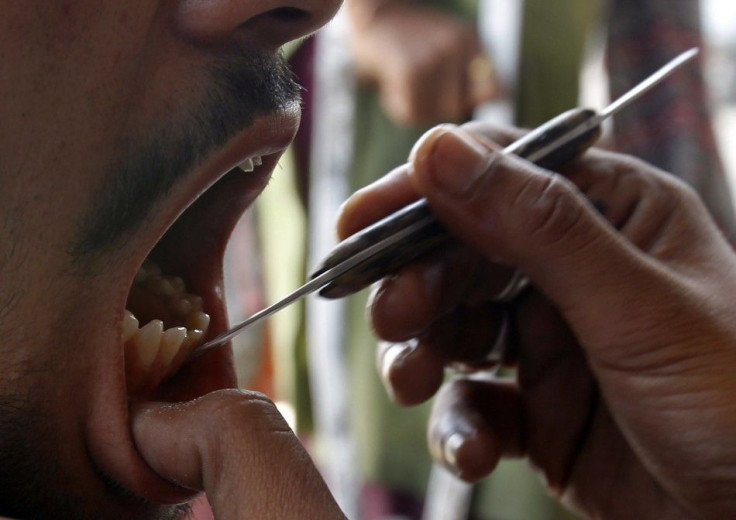Australian Court Orders Google To Identify Those Behind Negative Reviews Of A Dentist

KEY POINTS
- The ruling could have implications for Internet anonymity
- Google initially refused to part with information on a negative reviewer
- Court found there was ground for defamation proceedings against the person who posted review
Netizens’ love for negative reviews could suffer a setback if countries around the world adopt the ruling of an Australian court asking Google to identify the critic of a dentist. Usually, prospective clients jump first to negative comments to get an idea of a business’s standing. The veil of anonymity that the medium offers allows dissatisfied clients to post negative reviews, often merciless ones. Most users love them more than positive comments.
Dr. Matthew Kabbabe, a teeth-whitening specialist in Melbourne, sought the court order so he could sue the reviewer for defamation. He claimed user 'CBsm 23' had damaged his business by telling others to “STAY AWAY” from a procedure criticized as “extremely awkward and uncomfortable,” a BBC News report said.
Defense of the policy
The ruling would force the U.S. tech giant to part with details of the reviewer and act as a precedent in similar cases in Australia and even outside the country. The order could also be cited in cases involving other social media platforms like Facebook, Twitter, Instagram, and WhatsApp, experts suggest.
Google had previously defended its policy of allowing negative reviews on its site.
The order asks Google to pass any personal details such as any names, phone numbers, location metadata and IP addresses linked to the account to Kabbabe. Under international law, people can seek documents from overseas parties that they need for a court case.
Google had earlier rejected the dentist's requests to remove the damaging review, or to share information about its author.

The American company took the view: “[W]e do not have any means to investigate where and when the ID was created,” the BBC report said.
However, Justice Bernard Murphy found that Kabbabe had grounds to pursue a defamation case. The court ruled that Google was “likely to have or have had control of a document or thing that would help ascertain that description of the prospective respondent.”
'Groundbreaking' ruling
Kabbabe's lawyer described the ruling as “groundbreaking” and described it as a win for small businesses. Google had a duty to exercise care while providing a platform for potentially defamatory postings, the lawyer said. “If you’re out there trying to hide by anonymity, even via VPN, I think the court system’s catching up now and there are ways and means of obtaining that information,” the Australian Broadcasting Corporation quoted Mark Stanarevic as saying.
Net watchers observe that Google has always been reluctant to remove bad reviews in the past but had obliged when courts intervened. Defamation cases over online reviews could prompt suppression of consumer rights and free speech, the company based at Mountain View, California, told Australian law reform experts last year.

Defamation cases against online posts have always generated heat around the world as votaries of free speech and advocates of regulatory oversight to freedom of expression have clashed. Commenting on a ruling of India’s Supreme Court that Google was liable to be prosecuted in a defamation case, an article in the Financial Express said it would open a regulatory Pandora’s Box. The court said in defamation cases that originated before the 2009 amendment of the Information Technology (IT) Act, the protection provided to digital intermediaries would not apply.
In 2012, Milorad “Michael” Trkulja of Melbourne, Australia, won a high court battle to sue Google for defamation over images and search results that linked him to the Melbourne criminal underworld, the Guardian reported. Trkulja, who suffered a gunshot wound in a Melbourne restaurant in 2004, successfully argued in the Victorian supreme court in 2012 that his photos appearing with hardened criminals of Melbourne’s underworld in a Google search defamed him, the report said.
© Copyright IBTimes 2025. All rights reserved.





















